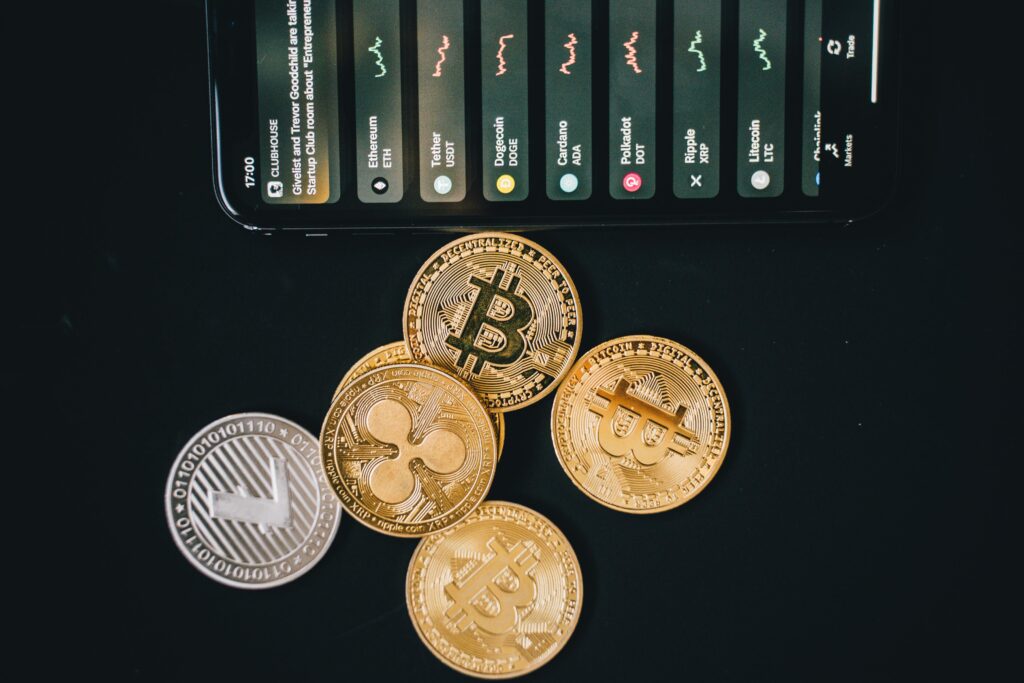Introduction
Since Bitcoin’s creation, governments worldwide have struggled to regulate crypto. By 2025, regulations are stronger, more uniform, and aimed at balancing innovation with security. Some countries embrace crypto, while others restrict or even ban it. Let’s explore the global state of regulation today.

1. Clearer Taxation Rules
- In the past, crypto taxation was confusing.
- By 2025, most countries have clear tax policies on trading, staking, and NFTs.
- Some even automate tax reporting with exchange integrations.
Example: A U.S. exchange sending users pre-filled tax forms for their crypto trades.
2. Licensing for Exchanges and Wallets
- Governments now require licenses for crypto platforms.
- Licensed exchanges must follow strict rules on customer protection.
- This reduces scams and fraud while boosting investor trust.
Example: A licensed European exchange offering insured wallets to users.
3. KYC (Know Your Customer) and AML (Anti-Money Laundering)
- Most exchanges require identity verification.
- Governments enforce anti-money laundering checks on large transactions.
- While this reduces anonymity, it makes crypto safer from abuse.
Example: A trader needing ID verification to withdraw large amounts of Bitcoin.
4. Countries Embracing Crypto Innovation
- Some nations encourage crypto businesses with pro-innovation policies.
- They attract startups, exchanges, and blockchain developers.
- Examples include Switzerland, UAE, and Singapore.
Example: A blockchain startup moving to Dubai for crypto-friendly regulations.

5. Countries Restricting or Banning Crypto
- A few governments still fear crypto threatens their financial control.
- They impose restrictions on trading, mining, or stablecoins.
- However, bans are hard to enforce as decentralized systems bypass controls.
Example: Citizens in restricted countries still using decentralized exchanges (DEXs).
Conclusion
In 2025, governments have largely moved from ignoring crypto to actively shaping its future. With taxation, licensing, and consumer protection in place, the industry is more stable. Yet, the balance between regulation and decentralization remains a global debate.